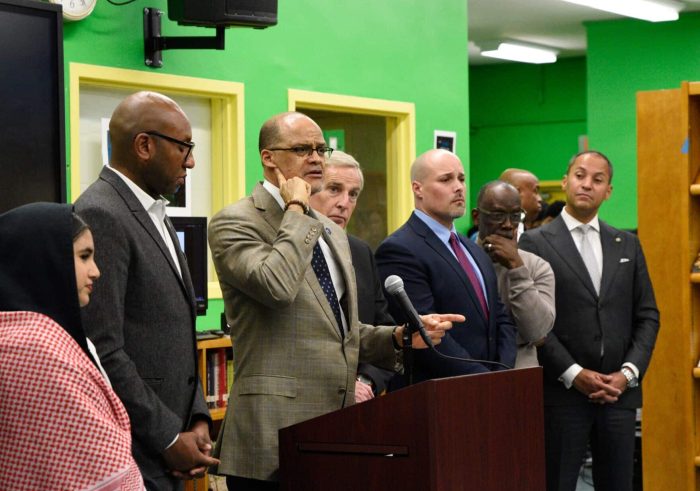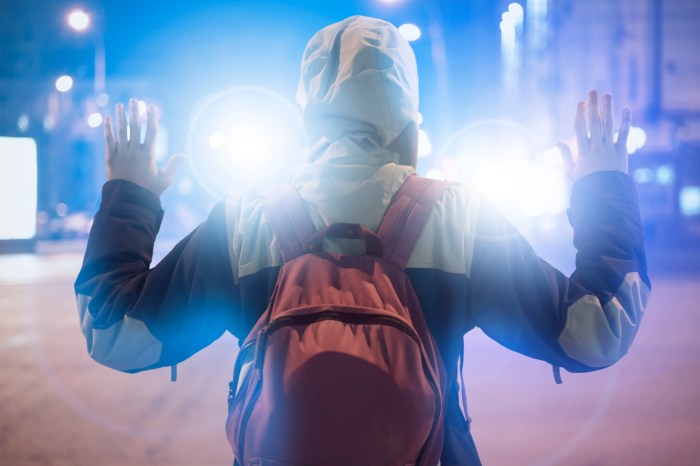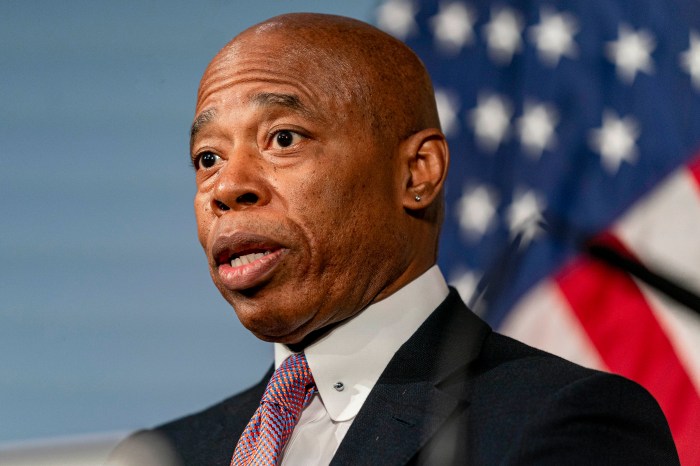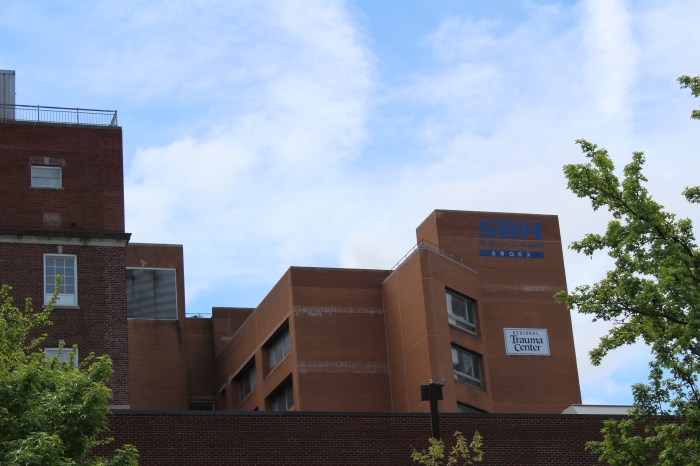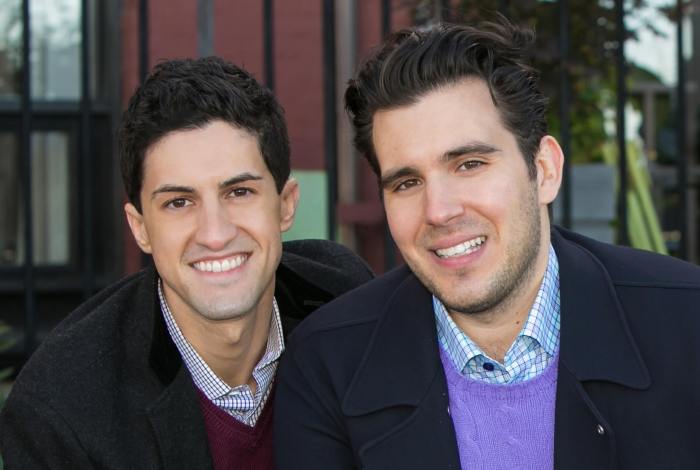So the World Trade Center site completion dates are wrong, there’ll be more delays, and what’s needed now is for all of the players to sit down in a room and make the tough choices to get things going.
Been there, done that.
The message this week from Christopher Ward, the Port Authority’s new executive director, is similar to previous announcements made in the past to jumpstart redevelopment at Ground Zero. There are many reasons to think we are still adrift and haven’t heard the last grand plan to rebuild the site.
But there is also reason to think that maybe this time — frankly, we and everyone else have lost count — will be the charm. Ward was unusually frank in his assessment of how bad the mess is, and since the Port Authority actually owns the site, he has the authority to crack the whip. We hope he uses it at his own agency, too.
The Port Authority and former Governor George Pataki are the chief culprits in creating this predicament. Pataki allowed the authority to dawdle for years and not design the slurry wall “bathtub” needed to rebuild three office towers and the Downtown community’s much-desired retail, which also was the country’s most profitable mall.
Former Governor Eliot Spitzer and Mayor Mike Bloomberg also deserve blame. Spitzer’s Downtown “team” squabbled so much that they couldn’t get anything done. Governor David Paterson is cleaning house at the top and trying to clear up the jurisdictional confusion. Ward is clearly in charge and hopefully will be able to resolve the disputes between agencies, organizations and developers.
Hopefully.
Ward’s new steering committee has a place for all the W.T.C. power players, but it’s unclear how disputes will be resolved — majority rule, Port Authority decree or some other way.
The 15 unresolved issues Ward has outlined are daunting. Is resolving them by September and coming up with a believable schedule a realistic goal — or just another of what Paterson rightfully calls “phony timetables.”
Ward’s report is sobering but there are also silver linings. The performing arts center, the project’s “forgotten stepchild,” could finally be put somewhere on the front burner. The temporary train station entrance blocking construction of the arts center could be moved sooner, which could allow planning to begin now.
The Calatrava train station, even scaled back, should be the highest priority because better transportation makes the other projects more viable. The memorial is crucial but doesn’t need to open first, particularly since construction of the tour bus garage needed for millions of memorial visitors is stuck to the plagued and delayed demolition of the former Deutsche Bank building. Construction of retail stores and office towers on Church St. will bring life back to the site and end its “hole in the ground” feeling. These projects are vastly more important than the empty symbolism of the Freedom Tower.
Symbolism is so 2006. Real progress would be a better theme for now.




